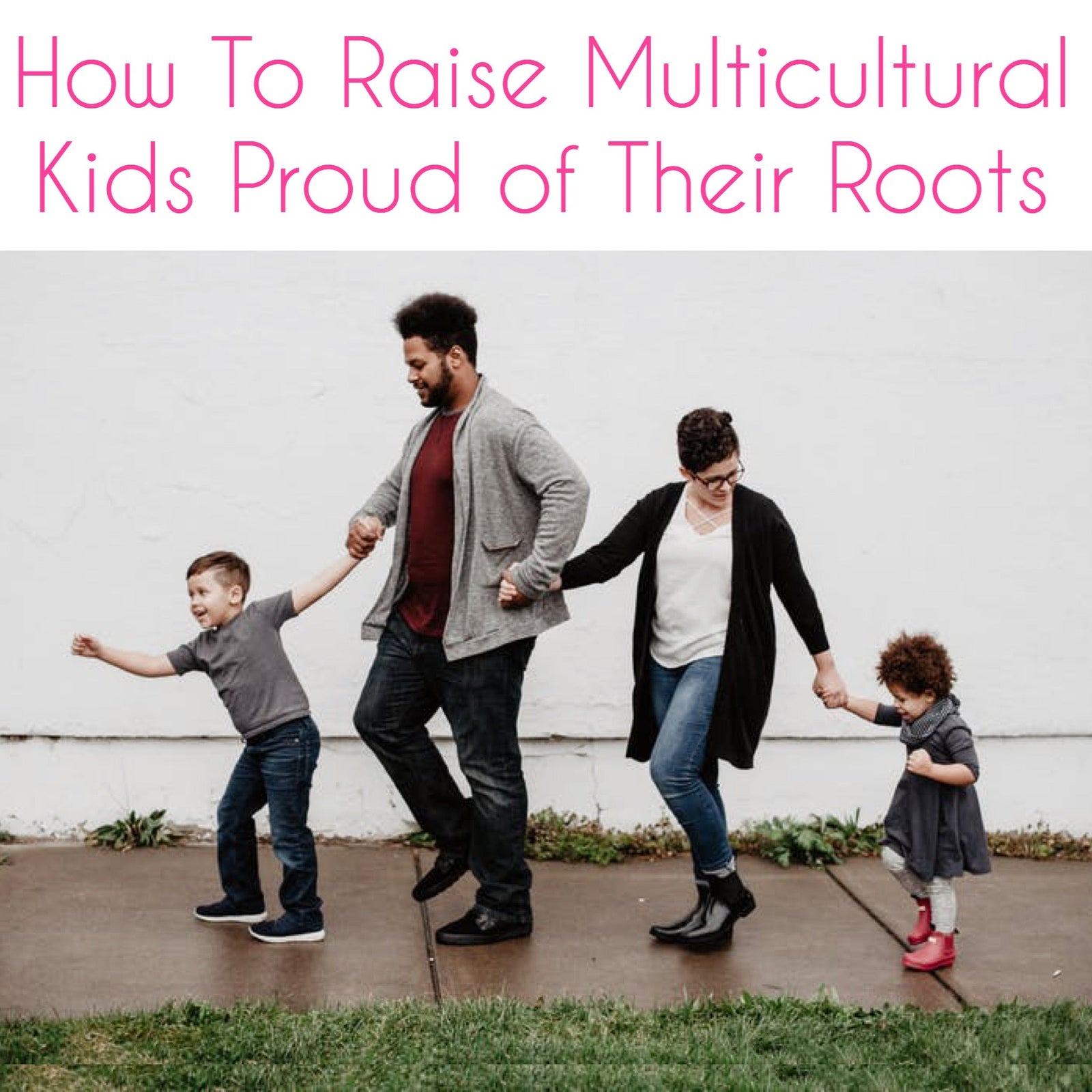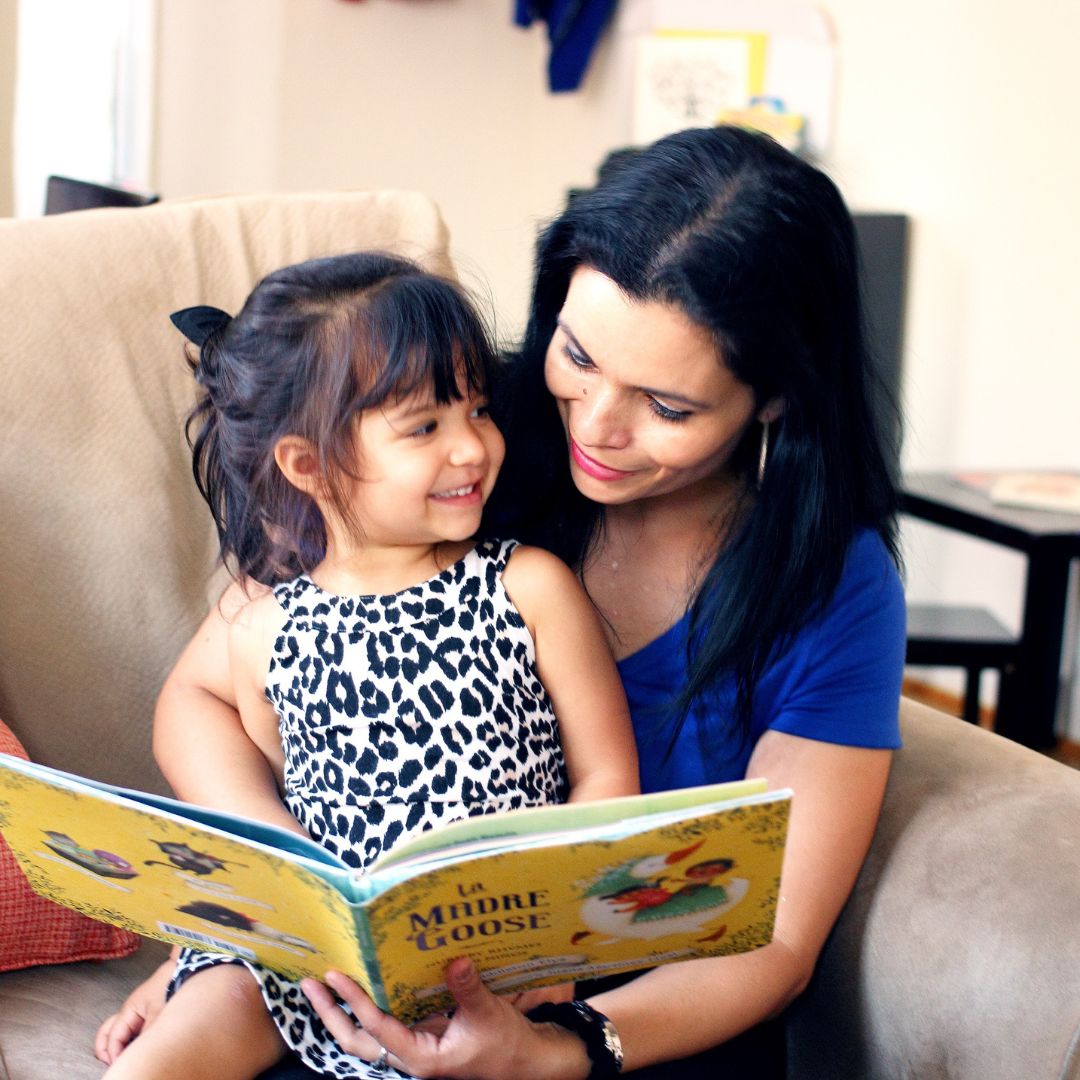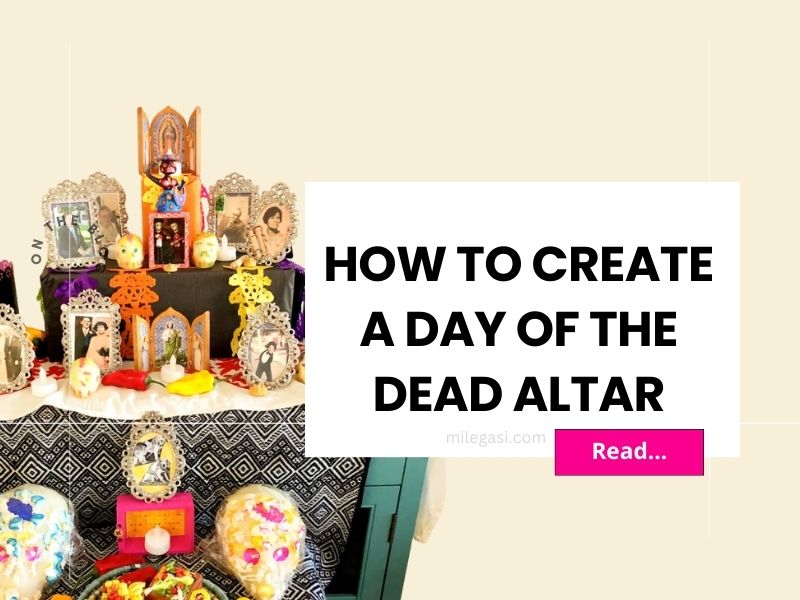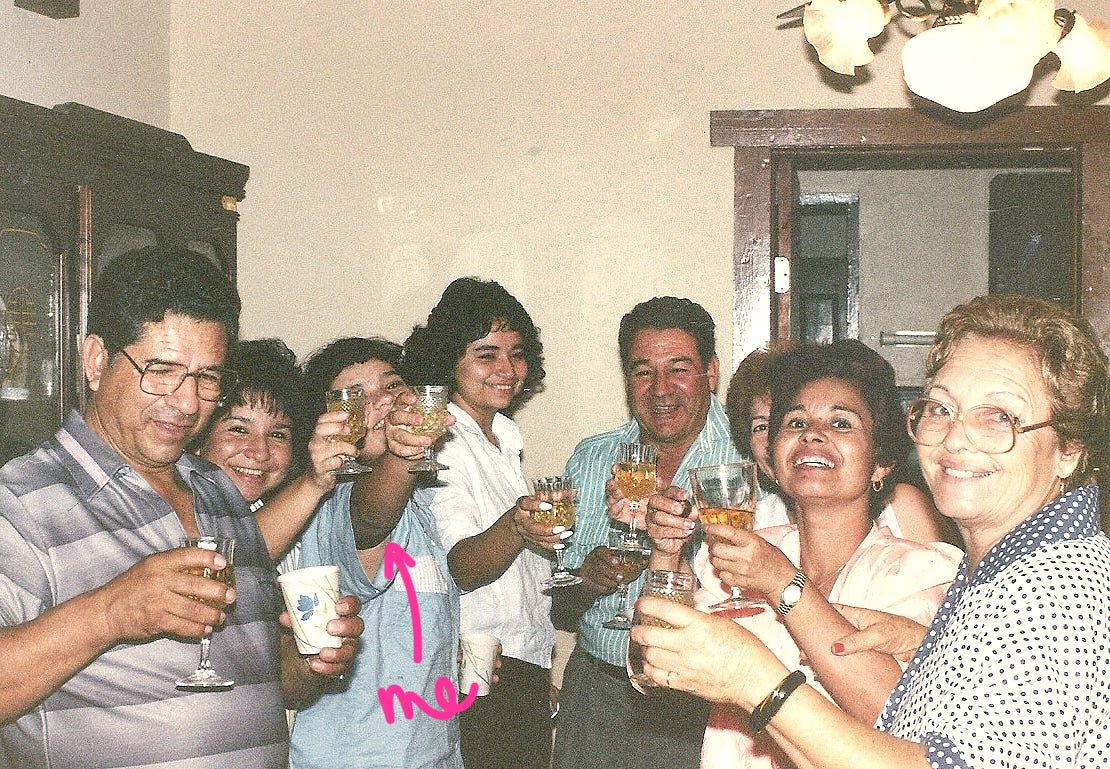
Did you know that children who are connected to their cultural heritage tend to have higher self-esteem and resilience? Born in Colombia and married to a Bulgarian, I'm journeying through the complexities of multicultural parenting. The challenge? Balancing multiple cultures while fostering American values. This isn't just my story; it's a shared narrative many parents deal with, especially if you live far away from your home country or birth country. Today, I'll share strategies that are working for our multicultural family.

When children are born nobody gives you a manual that tells you how to raise them. You have everybody and their mother telling you what you should or shouldn't do. As your child begins to grow, you realize that although they meant well, you have to learn by trial and error. Plus, there is the delicate balance of raising culturally aware children if you want to instill respect for one's culture or perhaps your partner's, or in general. Luckily, there are things that you can do early on to start instilling cultural pride and connection in your kids. Here are some things that we have been doing since my daughter was very young to raise her to be proud of her Latino and European roots.
8 Tips to Raise Multicultural Children Proud of Their Heritage
1. Use Language as a Cultural and Familial Bridge

When my daughter was born, it was important to me that she be able to communicate with her abuelos and extended family in Spanish. My husband also made sure that Bulgarian would be a part of her life. Together, we have raised her in a home where we speak multiple languages. We are taking our daughter to weekly Spanish classes in addition to virtual classes and she will start formal Bulgarian classes in the fall. While it is great that she is learning many languages, the reason why we both wanted her to learn these was simply to feel connected with the world beyond her neighborhood. We want her to feel a connection when we visit our birth countries and give her an opportunity to experience the world beyond what she is used to.
Teaching children your native language may not be easy, but it is a commitment that you have to make and keep if you want them to communicate in the future. Classes, online learning, speaking, apps, etc, are all ways that they can have exposure to your language.
2. Expose children to diverse books and if possible from your native country.
When you expose children early on to diverse books, it simply becomes a part of their reading and their world. It doesn't become something different or new to them. It's great when you can read them books from your country as different authors and illustrators write and draw perhaps with a local flair. They can listen to a region's particular words or phrases or see how the illustrator may depict a countryside or city scene. All of these little things are things that children pick up on and remember. Here are some diversity books you may like or check these out too:
3. Use Music and Dance as a Way to Connect Kids to Your Heritage

Music is an integral part of our family. My husband is a musician and we listen to everything from classical to heavy metal. I make it a point to listen to Colombian music like cumbias, vallenatos, or porros and artists like Maluma, Shakira, JBalvin, and Bomba Estereo (G rated of course) when my daughter is around. If it's a part of my life it'll become part of hers. She'll see me dancing cumbia and we'll grab two towels and pretend to flare out our skirts in a typical folkloric dancing kind of way. While she may not like everything I listen to, it is familiar to her. I can tell you that I listen to Colombian music way more now than I did before I had her and I too feel more connected to my heritage.
4. Wear clothing loud and proud that celebrates your heritage.
As a product designer for over 20 years, I wanted my daughter to celebrate her Hispanic heritage and be proud of it with clothing. Whether it's wearing an endearing Sana Sana Colita de Rana tee, one that says Bilingual ¿y que?, or me sporting a tee that says I'm not a Regular Mom I'm a Latina mom, these are all ways that we can connect with our roots.
If tees are not your thing, a photo op to celebrate Hispanic Heritage month or Mexican Independence Day will make your kids feel extra special and connected to Latino tradition and culture.


5. Have children experience international foods and flavors that connect to your roots.

You may not have access to restaurants from your native country in your city or town, but I am sure that you can find similar dishes from other countries that you can experience with your kids. While distinct native flavors may not be available, sharing and talking about the differences and similarities of the dishes will expand your child's awareness of cultures throughout the world. For example, in Colombia we have arepas (basically corn cakes), in Venezuela they have arepas too and though they are similar, they are different in other ways. Both can be compared to Mexican tortillas or pupusas from El Salvador. The point is to have kids experience flavors beyond the American cheeseburger and fries.
6. Keeping traditions alive and talking about your family memories will connect them to their roots.

I love family traditions, especially, the ones that take me back to my childhood. I treasure those. As a multicultural family we honor many traditions that are native to our birth countries as well as create new American traditions. For example, during Christmas I make very traditional Colombian natilla and buñuelos, my husband makes a traditional vegetarian Bulgarian feast, and we'll bake American sugar cookies for Santa.

It's a way that we honor all of our cultures on one of the most special days of the year. We make sure to talk about how we experienced these traditions as kids and if we're with grandparents we make sure that they share their experience with those traditions as well. I know many grandparents love to document their recipes. A family scrapbook or recipe journal are a great way to keep these treasures. It's a great way for children to understand that traditions are not fads and can transcend from one generation to the next.
7. Traveling to your heritage country will connect children to their heritage authentically.

Unless you physically travel to a foreign country, you will not experience that country's true tastes, smells, sounds, and culture. Eating pizza in Miami is not the same as one in Italy, a Dia de los Muertos parade in New York is not the same as one in Mexico, and listening to someone place an order at a French restaurant in Los Angeles is not the same as placing that order in French in Paris.

The point is, there is only so much you can do as a parent through pictures, talk, and books to get your child to connect to their heritage. It is when they get to experience that culture first hand that they can really start to understand where we come from and where they come from too. Planning a family trip where they can experience everything that you've talked about will change their perspective and hopefully make them have a stronger appreciation and love for who they are.

Enjoyed the blog? Looking to create a strong connection to your Latino roots and empower your child through bilingualism? Explore my comprehensive bilingual parenting course, Confident Bilingual Parenting: How to Raise a Bilingual Spanish Child Your Way. Gain valuable insights, practical strategies, and access to a private community, ensuring you have all the tools you need to nurture your child's language development and cultural awareness from an early age.
You can also delve into my easy-to-read and visual book, Nobody Told Me This About Raising a Bilingual Child, which not only serves as a practical guide but also makes a thoughtful gift.
For more insights and inspiration, consider tuning in to The Latina Mom Legacy Podcast, where I empower parents raising bilingual kids through engaging case studies, expert interviews, and my personal words of wisdom.
No matter which path you choose, rest assured that I'm here to support your bilingual and multicultural parenting journey in every way.
Thanks for stopping by :)





















Leave a comment (all fields required)